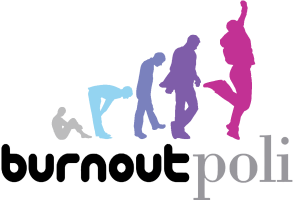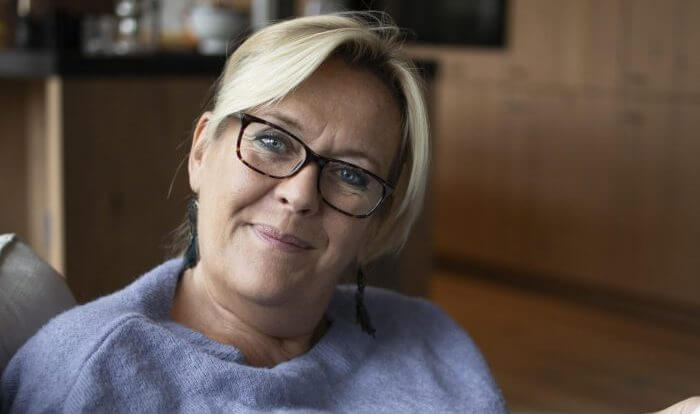A burnout does not happen overnight. Often, it takes months or even years of wearing down the body. But how can a burnout be recognized more quickly? Burnout expert, Barbara Kok, explains the 12 phases in which burnout typically develops.
The 12 phases of burnout:
Phase 1: Need for Proof
Wanting to prove yourself, sometimes obsessively, is a significant intrinsic motivator in burnout. For example, you want your partner or employer to be proud of you.
Phase 2: Working Harder and Harder
The need for proof is nourished in the work environment, with the feeling that you can never work hard enough. Stopping is difficult, and you take on increased responsibilities.
Phase 3: Ignoring Needs
Work takes precedence, causing all other important needs like enough sleep, healthy and regular eating, and maintaining social contacts to be ignored.
Phase 4: Suppression of Conflicts
Pushing away the feeling of 'there is something wrong with me' is a constant tendency You feel threatened, panicked, and anxious because you keep suppressing this feeling. These feelings lead to consequences like poor sleep and nervousness.
Phase 5: Revising Values
What you enjoy most in your free time or the most important people around you are neglected. Work takes the top spot. Little time is spent with friends and family, and no time is set aside for sports or creative activities.
Phase 6: Denial of Problems
The problems are not your fault but rather the result of work pressure. You present yourself as tough and often cynical, which is not how people know you. Your colleagues may consider you lazy and undisciplined.
Phase 7: Withdrawal
You hardly see friends and family, and you've squandered many credits with your colleagues. Your social circle becomes smaller, and you end up in isolation. Excessive alcohol consumption and/or medication use become more common.
Phase 8: Behavioural Changes
People start to worry about you. You behave differently than you normally do: tough, cynical, and unreachable for genuine contact.
Phase 9: Depersonalization
You feel worthless. You cannot perform at work, and you are not sure what you need yourself.
Phase 10: Inner Emptiness
You feel empty inside. To cope with this emptiness, you seek distractions through excessive exercise, sexual contact, alcohol, or even medication.
Phase 11: Depression
You feel completely exhausted. Every day seems dark, and you feel lost.
Phase 12: Burnout
In this phase, you are completely drained, mentally and physically, and quick help is necessary. If you recognize yourself in any of these 12 phases of burnout and have not yet reached phase 12 but feel like you're regressing, don't ignore the signals. Contact Burn Out Poli and discuss your situation with one of our experts. It's also possible to test yourself for burnout symptoms using the Burn Out Test. Burn Out Poli is an expert in burnout treatments and prevention. For thirteen years, clients have started reintegrating within twelve weeks without relapse. Burn Out Poli has no waiting lists. We can organise an intake interview within three days and start your programme towards recovery within five days.
About the author: Barbara Kok
I am privileged to have been guiding others toward a happier and more effortless life since 2007. We sometimes get stuck in negative feelings and limiting beliefs that feel almost like the truth. When this takes too solid a form in our daily lives, especially at work, where challenges can become too great, we become stuck. I look at the individual on a mental, emotional, and physical level. By looking at the whole person in their entire environment, we can address the root cause of the issues. Removing all hindrances at that deepest level creates unprecedented peace and freedom.






